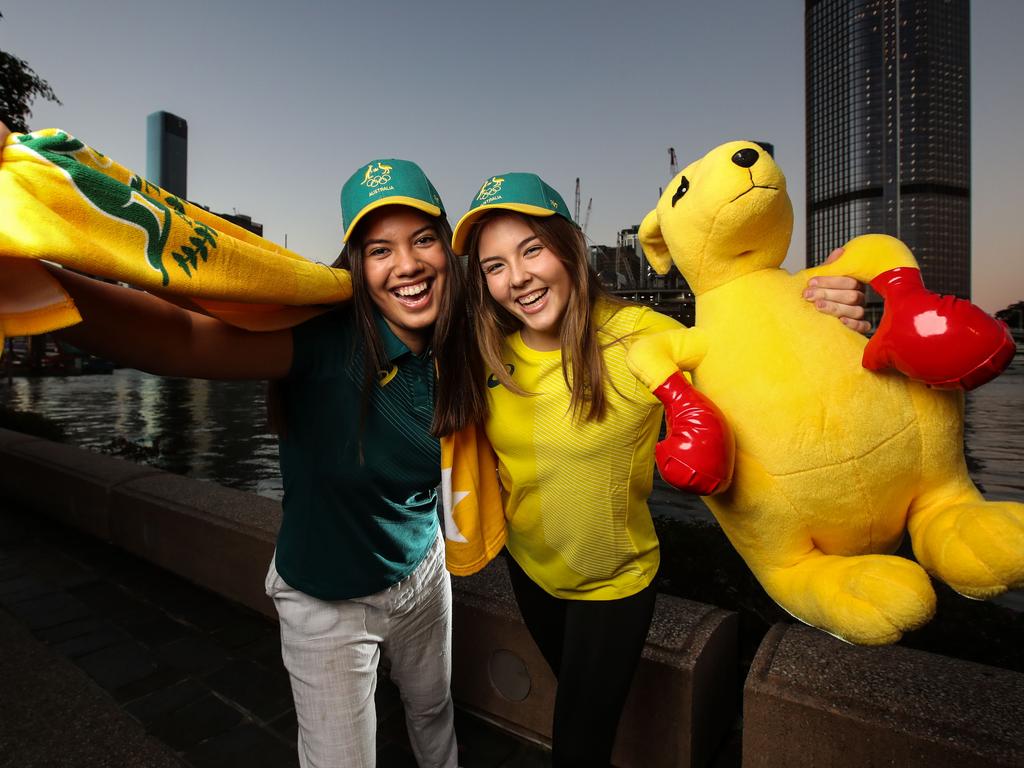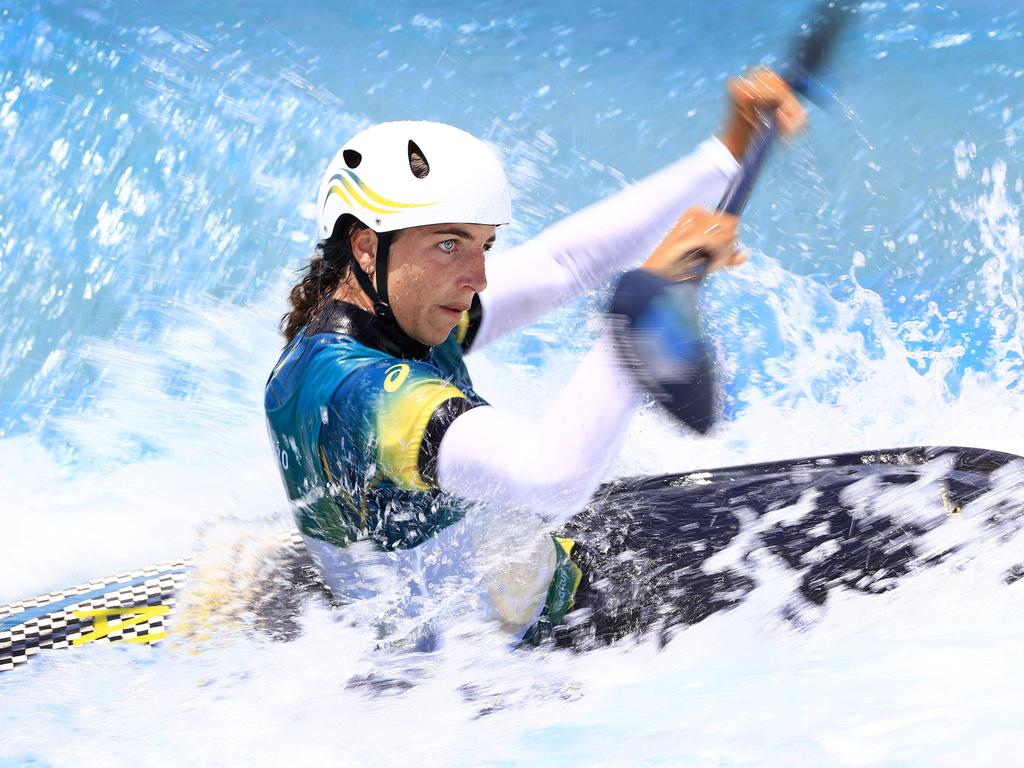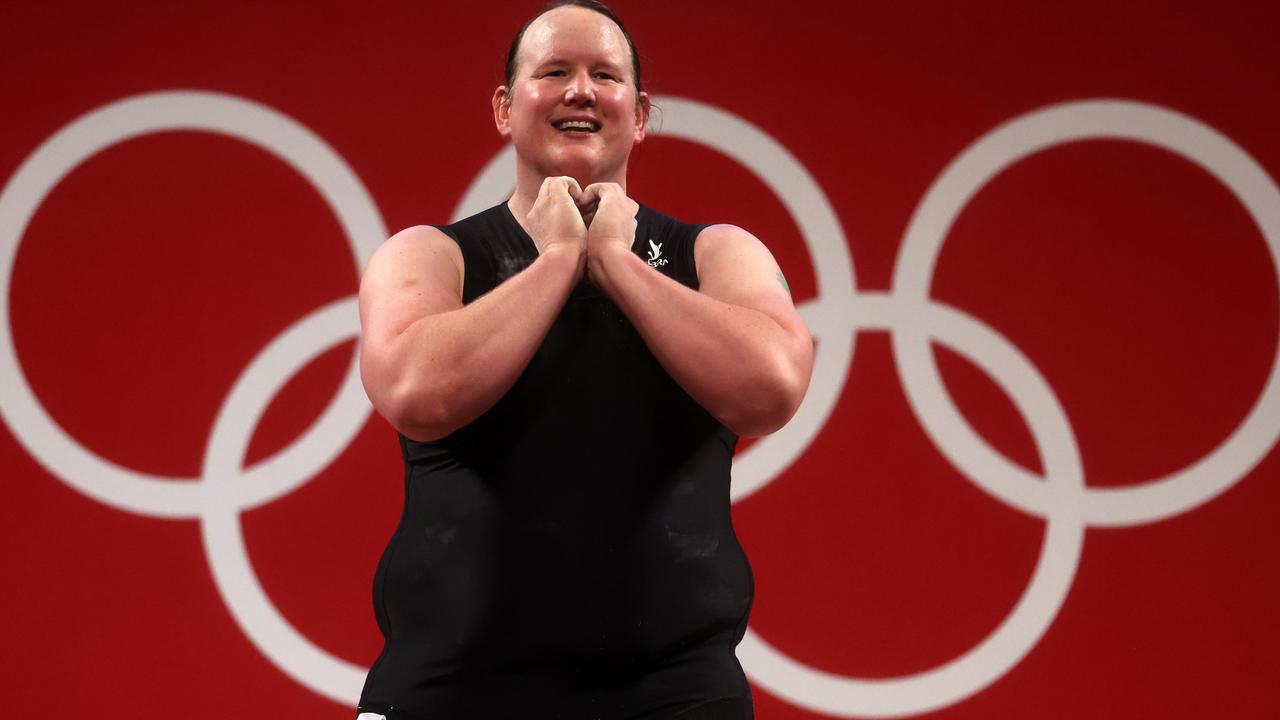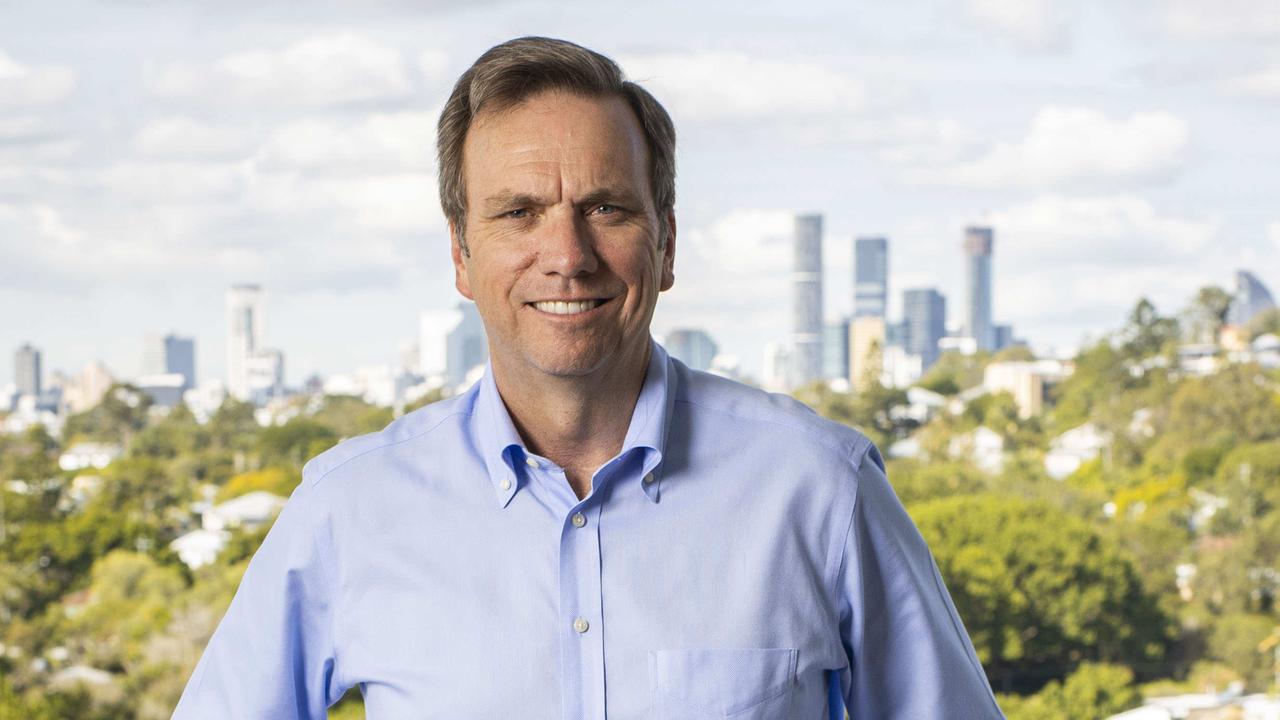Tokyo Olympics 2020: Games boss reveals how close they came to cancelling
Just days before the Olympic Games opening ceremony, the continued rising rate of Covid cases in Tokyo may yet force the organising committee into a desperate move.
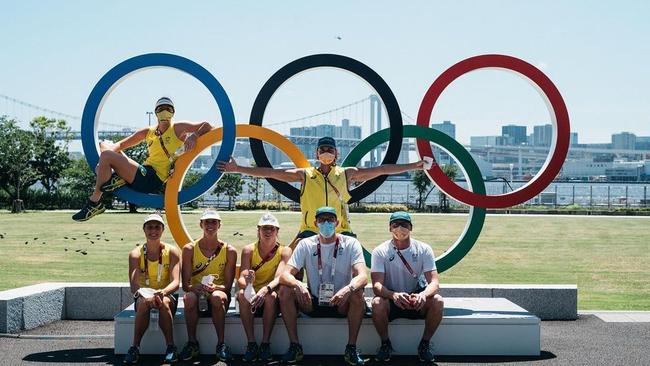
The chief of the Tokyo 2020 organising committee has not ruled out cancelling the Olympics at the last minute if Covid-19 cases rise sharply.
Asked at a news conference if the global event might still be cancelled ahead of Friday’s opening ceremony, Toshiro Muto said he would keep an eye on infection numbers and liaise with other organisers if necessary.
“We will continue discussions if there is a spike in cases,” Muto said.
“We have agreed that based on the coronavirus situation, we will convene five-party talks again. At this point, the coronavirus cases may rise or fall, so we will think about what we should do when the situation arises.”
A spokesman for Tokyo 2020 later said organisers were “concentrating 100 per cent on delivering successful Games”.
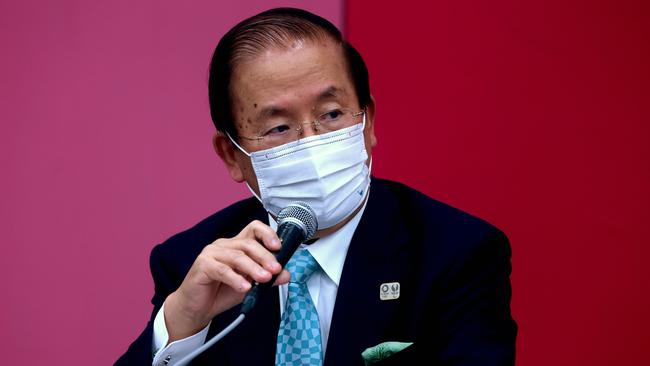
The last week has seen several athletes test positive for Covid-19 while Tokyo is in a state of emergency due to the Covid-19 pandemic.
Rising Covid-19 cases in Tokyo have cast a large shadow over an event that, having already been postponed last year because of the pandemic, will now take place without spectators.
Earlier this month, Olympics officials decided that athletes would compete in empty venues to minimise health risks.
There have been 67 cases of Covid-19 infections in Japan among those accredited for the Games since July 1, when many athletes and officials started arriving, organisers said on Tuesday, according to Reuters.
Japan’s vaccination program has lagged that of most other developed nations, with the country recording more than 840,000 cases and 15,055 deaths. Games host city Tokyo is experiencing a fresh surge, of infections with 1387 cases recorded on Tuesday.
Olympics boss’s shock revelation about cancelling Games
International Olympic Committee president Thomas Bach has admitted to underestimating the complexity of staging the 12 month-delayed Tokyo 2020 Olympic Games.
Mr Bach, speaking at the opening of the 138th IOC session — the annual gathering of members from around the world — said: “We had to keep these doubts to ourselves, we had to give confidence, we had to show a way out of this crisis, we had to provide ability, to build trust and give hope.”
More than 80 members who have arrived in Tokyo from all parts of the globe for the meeting were told that the IOC never considered abandoning the athletes.
“We would never abandon the athletes, we took an unprecedented decision, and today I can admit I didn’t know how complex this would be,’’ Mr Bach said.
“The only certainty was rather than cashing in on insurance, we would have to invest much more to make these games possible. There was no blueprint, no one had done this before, we could only take this decision because of the mutual trust between our Japanese partners and ourselves.’’
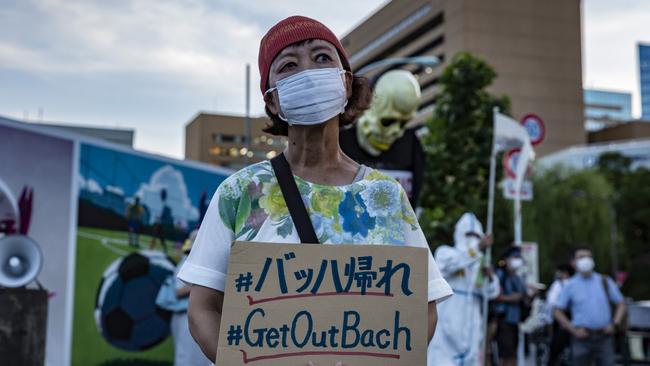
Mr Bach said that he didn’t want to express doubts because they could have become a self-fulfilling prophecy and the Olympic Games could have “fallen to pieces’’.
“This weighed on us, it weighed on me,’’ he said.
Mr Bach said it was just a half-hour phone call with then Japanese prime minister Shinzo Abe to agree to reschedule the Games in show of trust that still stands today with current prime minister Yoshihide Suga.
TOKYO DAILY! Welcome to our new Olympic Games podcast. Matty Johns and Bryan Fletcher give us the lowdown on one of the world’s great cities that will host this year’s Olympic Games.
Mr Suga, who opened the session, said there were many constraints in this year’s Games, but noted that now that vaccinations have started “after a long tunnel an exit is now in our sights’’.
The Prime Minister confirmed there will be no spectators in many venues but suggested that the global television audience of five billion was a substitute.
Mr Bach said during the pandemic the IOC had allocated an emergency aid fund of $150m for athletes, and US$800m for national Olympic committees around the world, including $650m directly relating the costs of postponing the Tokyo Olympics.
He said athletes had encountered great stress in arriving to this point.
“Athletes had great uncertainty, they had to adapt their training not knowing when they would see their coach or teammates, not knowing when to target peak performance, not knowing next competition,’’ he said, adding that they had come through with much determination and resilience.
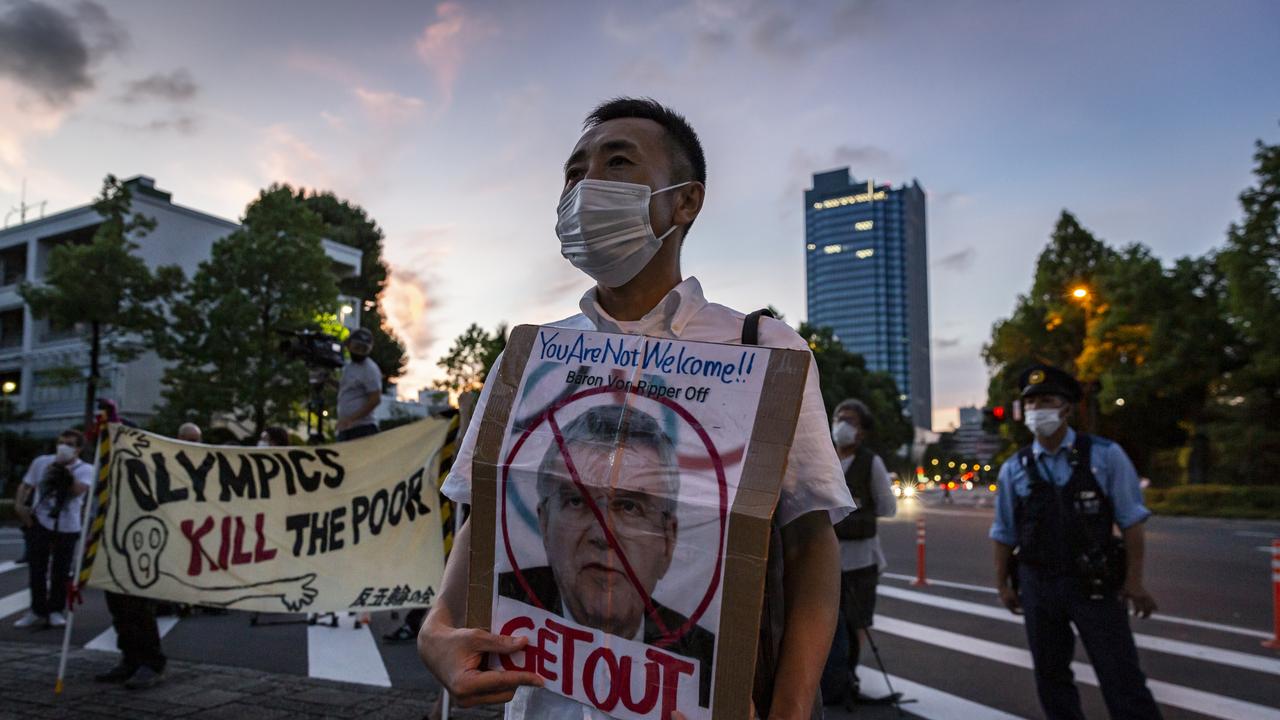
Meantime, IOC finance commission chair Ng Ser Miang has revealed the organisation has a safety net of US$2.5bn, despite the additional costs of the coronavirus and a postponed Olympics.
The cost of the Tokyo Games will soar well above $20bn, with rising construction costs, the need to build temporary venues, and other logistical headaches caused by the delay.
But Ng told an IOC session in Tokyo on Tuesday that while expenditure for the Games will be included in next year’s accounting, the IOC will still be able to “navigate the current pandemic and increase our support to the Olympic Movement’’.
The IOC has US$5.7bn in assets and liabilities of $3.241bn.
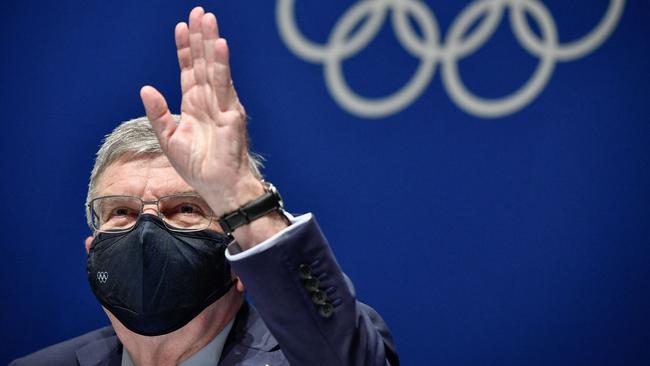
During the crisis the IOC distributed more than US$800m – of which $150m was direct support to athletes and international sports federations and $650m to the Tokyo organisers.
More than 90 per cent of the IOC revenue is redistributed to the sports and athletes, Ng said.
As well as a healthy bottom line, Ng also reported the IOC had struck bonanza deals with broadcast rights holders and their top sponsors, sourcing US$4.1bn already for the four-year Olympiad 2029-2032.
A Brisbane Olympics would correspondingly receive a higher proportion of monies from the IOC than what has been previously indicated.
“The IOC financial position remains strong and solid and allows us to continue our mission (to support sport),’’ Ng said.




